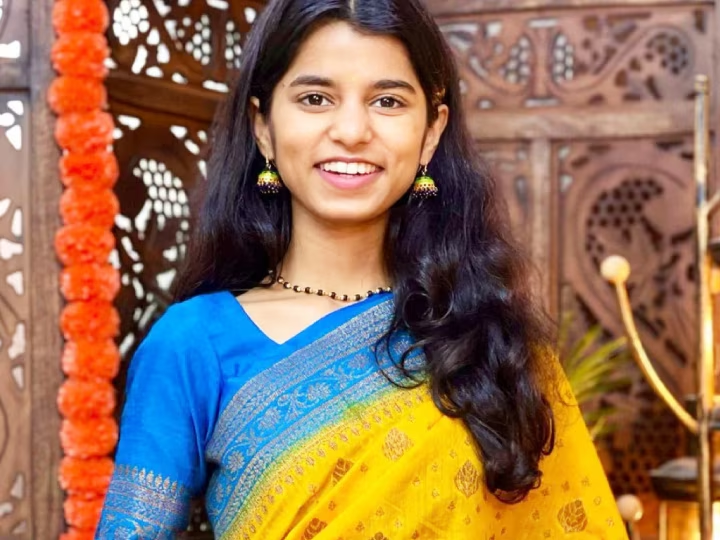Bangladesh’s Islamists Turn on Yunus After Standing Beside Him — Cultural Backslide Deepens as Music & PE Teachers Removed from Schools
By Tajdar H. Zaidi
DHAKA: In a striking reversal that reveals the shifting sands of power in post-Hasina Bangladesh, the very Islamist forces that once cheered Muhammad Yunus’s rise are now branding him “anti-Islamic” — and the interim government, under growing pressure, has caved in on a key cultural policy.
Months after conservative clerics launched a fierce campaign against the appointment of music and dance teachers in primary schools — calling the move part of an “un-Islamic agenda” — the Yunus-led interim administration has abandoned the plan.
The Ministry of Primary and Mass Education has quietly scrapped newly created posts for music teachers in government schools and removed physical education positions as well.
Ministry official Masud Akhtar Khan confirmed that recruitment rules had been amended, removing the categories of assistant teachers for music and physical education.
Asked if the rollback was due to Islamist pressure, he declined to comment, saying only: “You can check for yourself.”
Once Allies, Now Critics
This abrupt retreat exposes a dramatic turnaround by the same radical groups who only a year ago hailed Yunus as a “victory for Islam” after Sheikh Hasina’s dramatic ouster during student-led upheaval.
Islamists piggybacked on the unrest, helped drive Hasina out, and praised Yunus as a welcome alternative.
Today, those groups — emboldened by the vacuum left after Hasina’s fall — are turning their hostility toward the very government they helped usher in.
Extremist clerics, particularly the Deobandi-inspired Hefazat-e-Islam network and hardliners from Jamaat-e-Islami and Islami Andolon, accuse the Yunus administration of pushing “atheistic values” by attempting to promote music and physical education in schools.
They demanded only religious teachers in primary classrooms and warned of street protests if their version of “Islamic values” was not enforced.
Taliban-Style Rhetoric Creeps In
The tone at recent Islamist gatherings in Dhaka echoed Afghanistan’s Taliban-era bans. Clerics claimed music would corrupt children and “destroy Muslim character.”
At a gathering of the Jatiya Olama Mashayekh Aima Parishad, senior cleric Syed Rezaul Karim thundered: When we studied,
Hindu children had Hindu teachers, Muslim children had Muslim teachers. Now you want to bring music teachers?
You want to make our children disobedient and characterless? We will not tolerate this.”
Hefazat-e-Islam accused the move of being part of an “anti-Islamic agenda” and demanded immediate cancellation of music teacher posts — a demand now fulfilled.
A Broader Pattern of Retreat
This is not the first time Yunus has bowed to Islamist pressure.
Earlier, his administration backtracked on women’s reform proposals after clerics threatened violence, even referencing the narrow escape of Sheikh Hasina during her August 2024 exile: “Your government won’t get five minutes to run.”
What began as a student-driven movement for fairness turned into a gateway for hardliners to re-enter national politics.
Today, they are flexing power more openly — and secular educational policies are paying the price.
The New Cultural Divide
Bangladesh, long celebrated for its syncretic culture — Rabindra Sangeet, Nazrul geeti, folk traditions — now risks sliding into ideological rigidity.
Analysts warn that this rollback is not merely about school staffing but a sign of where the country’s ideological compass is being forced to tilt.
Islamists have even demanded a ban on ISKCON, labeling it an extremist group — a chilling mirror of escalating bigotry rooted in growing majoritarian pressure.
A Warning Signal
The Yunus administration once projected itself as a reformist, secular caretaker force after decades of polarized politics.
But with escalating Islamist muscle-flexing, critics say the government looks increasingly cornered, compromising national culture and social pluralism to retain stability.
Bangladesh, they say, is in danger of drifting closer to the Taliban model — not in full form, but in creeping concessions that chip away at secular democratic identity.
Whether the interim government can — or will — reassert authority remains uncertain. But one thing is clear: religious hardliners now believe they can dictate policy, and they are moving fast.
#BangladeshPolitics #MuhammadYunus #IslamistPressure #EducationRollback #CulturalBackslide #BangladeshNews #SekularBangladesh #DhakaDiaries #HasinaOuster #SouthAsiaWatch #ReligiousExtremism #BangladeshCrisis




